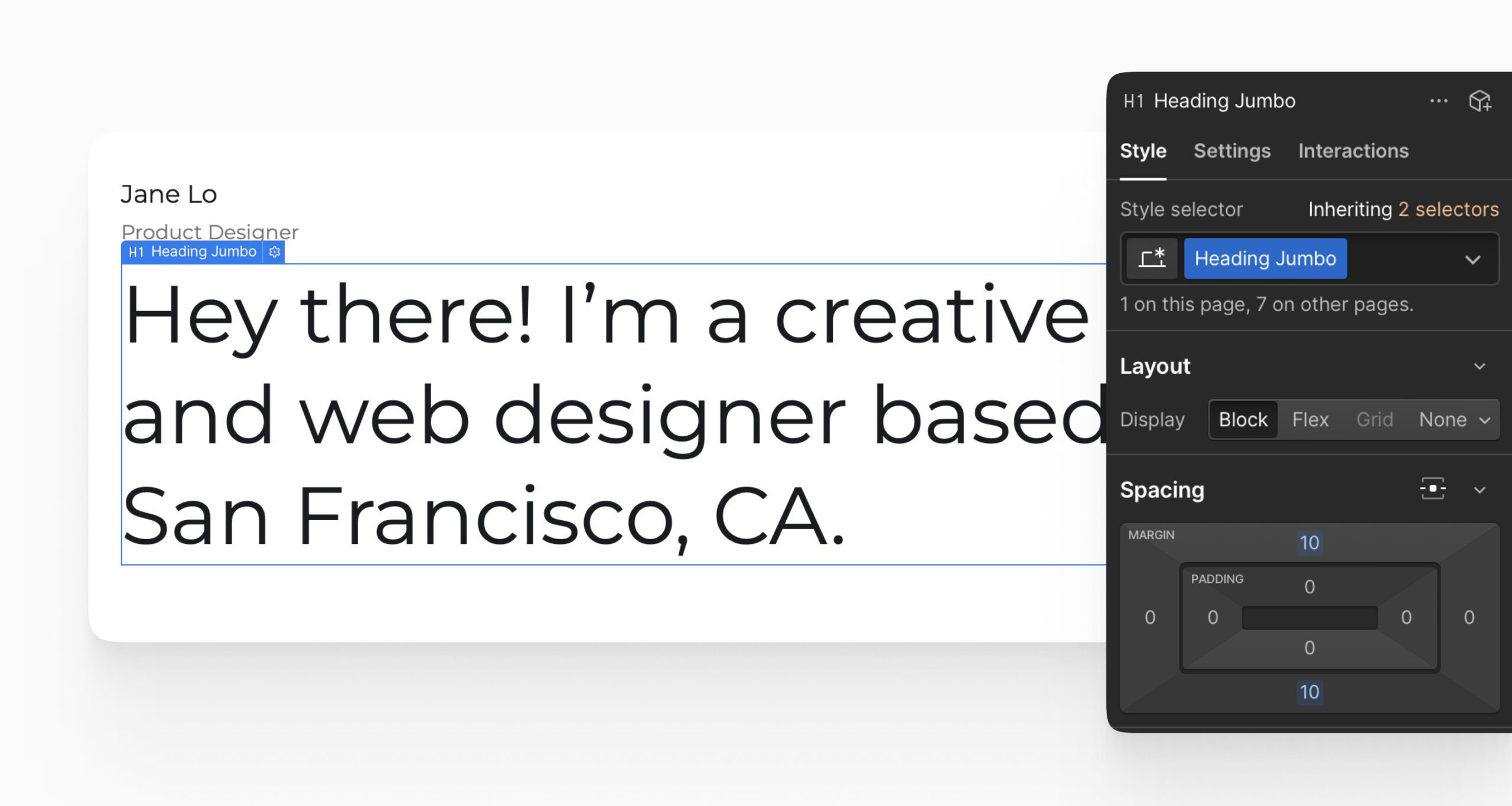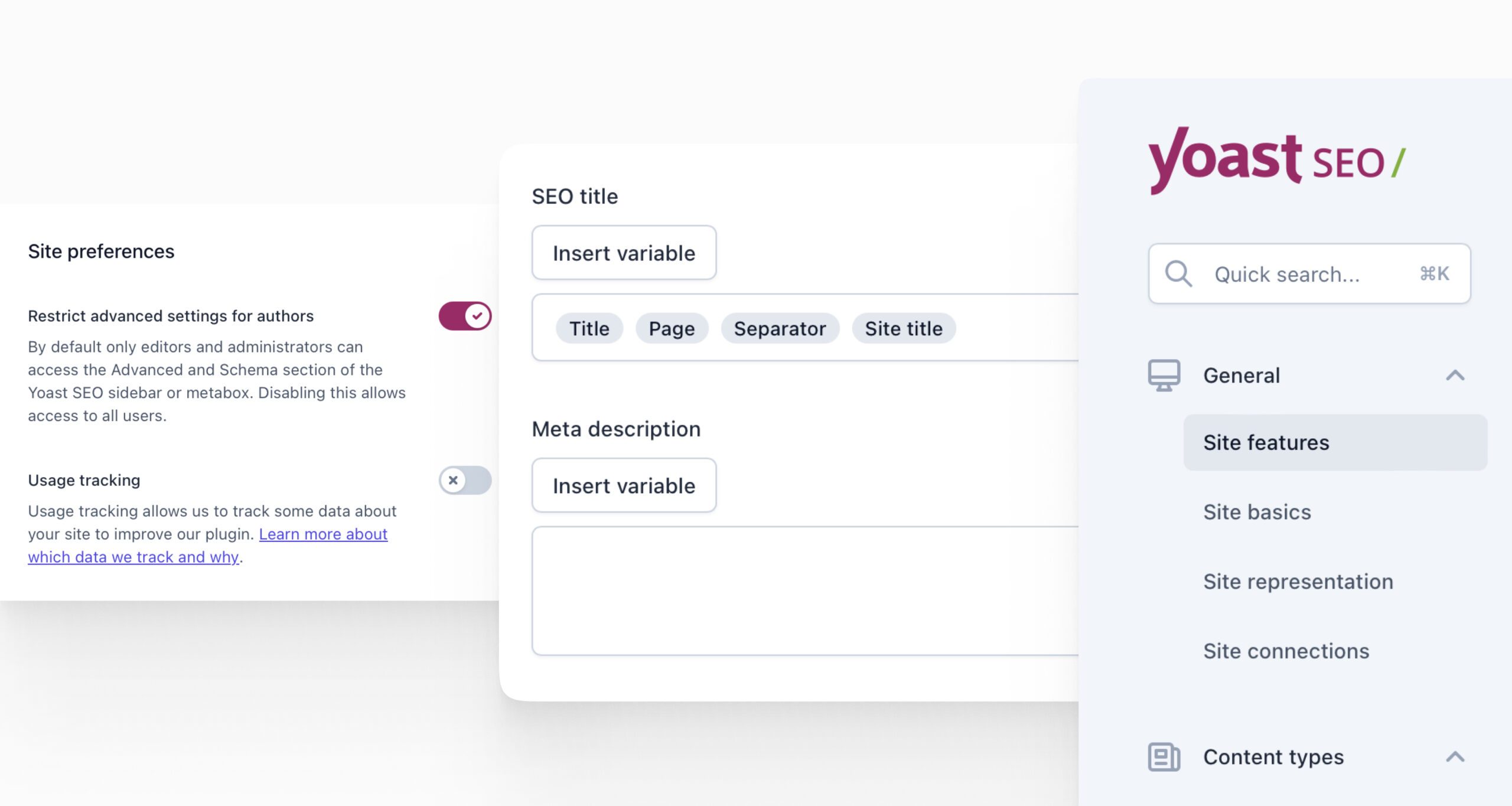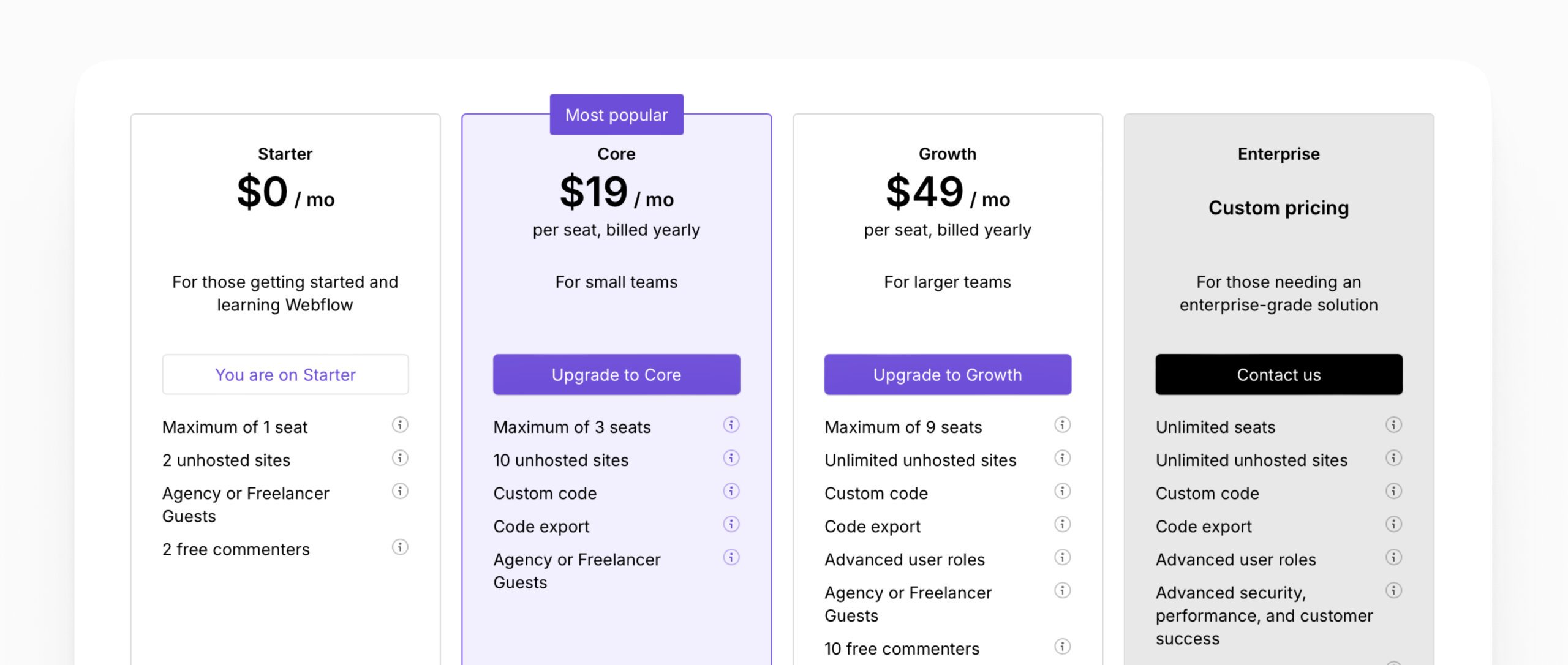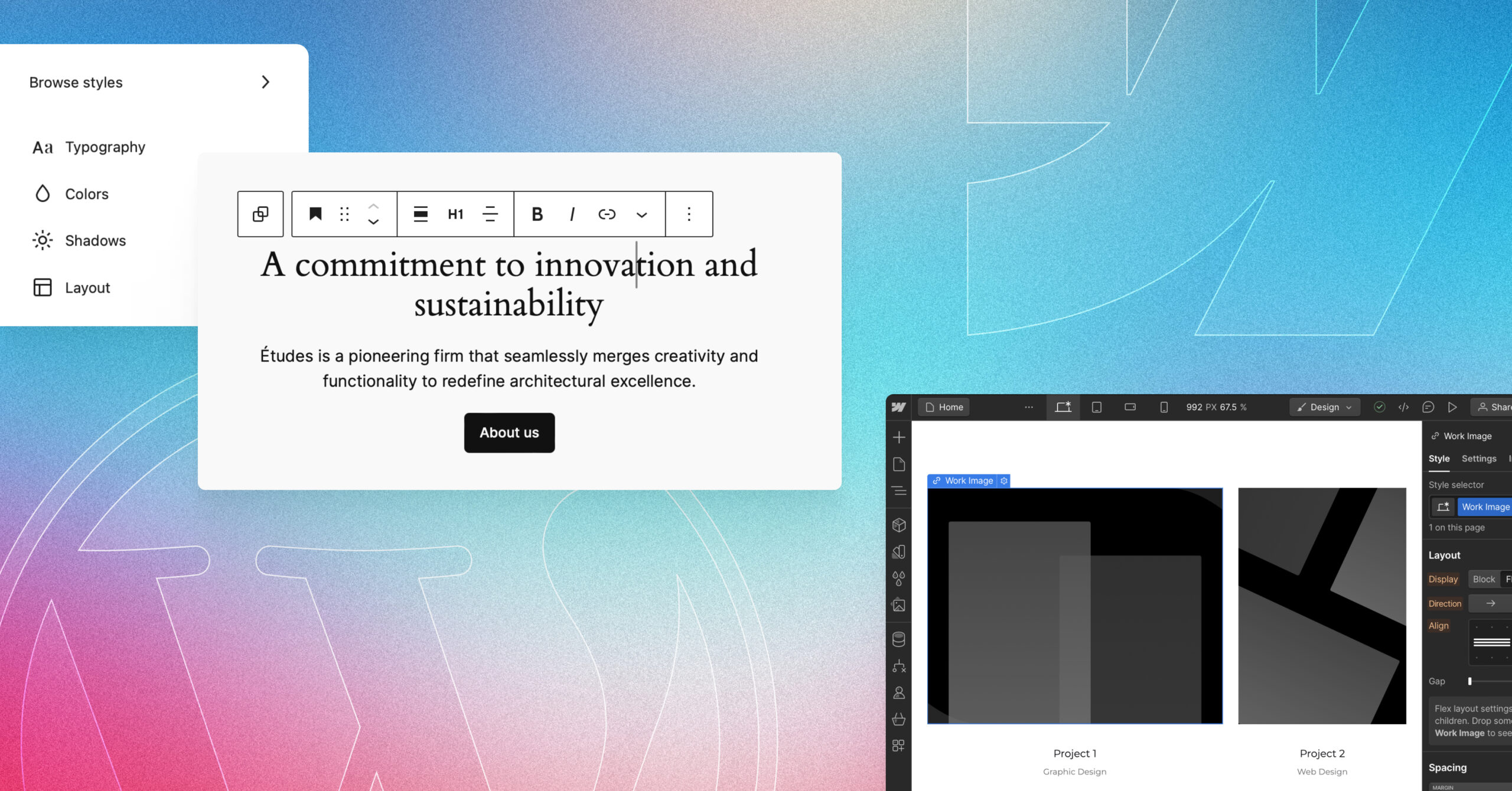When choosing a Content Management System (CMS) for an enterprise-level website, the decision often comes down to WordPress versus Webflow. Both platforms have their strengths, but WordPress stands out as the superior choice for enterprise organizations. Here’s why WordPress should be your CMS of choice:
1. Flexibility and customization
WordPress: Known for its unparalleled flexibility, WordPress offers thousands of plugins and themes that allow for extensive customization. This makes it easy to tailor your website to meet specific business requirements without the need for significant coding. Whether you need an e-commerce store, a membership site, or a complex content management system, WordPress has the tools to make it happen. Its open-source nature also means developers can create bespoke solutions that are unique to your business.
Webflow: While Webflow offers a visual design approach that can be appealing for designers, it lacks the depth of customization that WordPress provides. Webflow is also more limited when it comes to third-party integrations and extending functionality. This can be a significant drawback for enterprises that require complex, scalable solutions.

2. Scalability for growing businesses
WordPress: As an enterprise grows, so do its website needs. WordPress is highly scalable, capable of supporting high traffic and a vast amount of content without sacrificing performance. It powers some of the largest websites globally, proving its ability to handle the demands of enterprise-level operations. The availability of managed WordPress hosting solutions further ensures that sites can scale efficiently while maintaining speed and security.
Webflow: Webflow can be a good fit for small to medium-sized projects, but may struggle with the scalability required by larger enterprises. While it offers hosting solutions, the options may not be robust enough for businesses that experience significant traffic spikes or have extensive content libraries.
3. SEO and marketing capabilities
WordPress: SEO is critical for enterprises looking to maximize their online visibility. WordPress excels in this area, with numerous SEO plugins like Yoast SEO and SEOPress that make optimization straightforward. These tools offer in-depth features for managing meta tags, generating XML sitemaps, and more, giving enterprises the power to boost their search engine rankings. Additionally, WordPress integrates seamlessly with marketing automation tools, CRM systems, and other essential digital marketing technologies.
Webflow: Webflow includes built-in SEO tools and offers some level of control over SEO settings, but it lacks the depth and variety of plugins available to WordPress users. For enterprises that rely heavily on SEO and digital marketing, WordPress provides a more comprehensive suite of tools.

4. Security for enterprise-level protection
WordPress: Security is a top priority for any enterprise, and WordPress takes this seriously. Regular updates, a dedicated security team, and a vast array of security plugins make WordPress a secure choice. Enterprises can implement advanced security measures, such as two-factor authentication, SSL certificates, and firewalls, to protect their data and maintain user trust. Managed WordPress hosting providers like Altis Cloud also offer enhanced security features tailored to enterprise needs.
Webflow: While Webflow has solid security protocols in place, it doesn’t offer the same level of control or customization as WordPress. For enterprises that require stringent security measures and the ability to customise their security settings, WordPress provides more robust options.
5. Cost-effectiveness
WordPress: WordPress offers a cost-effective solution for enterprises. As an open-source platform, it’s free to use, and many high-quality plugins and themes are available at no cost or a reasonable price. Enterprises can invest in managed hosting and premium plugins based on their needs, providing flexibility in budgeting.
Webflow: Webflow operates on a subscription model, which can become costly, especially as the number of users and the complexity of the site increases. For enterprises managing multiple sites or requiring extensive features, the costs can quickly add up.

6. Collaboration and workflow management
WordPress: Collaboration is crucial for enterprise teams, and WordPress supports this with various plugins and features that facilitate content scheduling, editorial workflows, and user roles management. This makes it easy for large teams to work together efficiently, ensuring that content creation and publishing processes are streamlined.
Webflow: While Webflow offers some collaboration features, they are not as advanced or extensive as those available on WordPress. For enterprises needing robust workflow management and collaboration tools, WordPress offers a more comprehensive solution.
WordPress stands out as the ideal CMS for enterprise organizations due to its flexibility, scalability, SEO capabilities, security, cost-effectiveness, and robust collaboration tools. While Webflow has its strengths, particularly for smaller projects with a design focus, WordPress provides the comprehensive, adaptable, and powerful platform that enterprises require to meet their growing needs and stay ahead in a competitive digital landscape.
